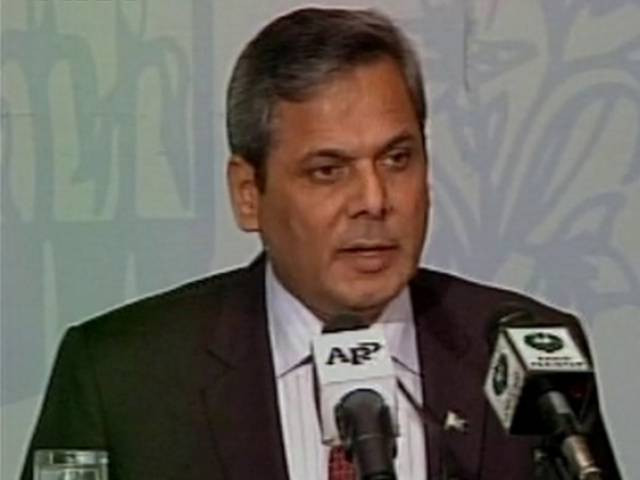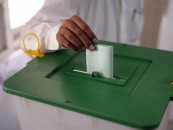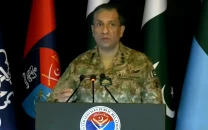India cannot annul Indus Waters Treaty: FO
Spokesperson says treaty is binding on both India and Pakistan and has no exit provision

Foreign Office spokesperson Nafees Zakaria. PHOTO: TWITTER
"The Indus Waters Treaty (IWT) is not time barred and was never intended to be time or event specific. It is binding on both India and Pakistan and has no exit provision," Foreign Office Spokesperson Nafees Zakaria said during his weekly news briefing in Islamabad.
Countering New Delhi: National Assembly panel calls for water diplomacy
Urging the international community to take notice of Indian claims that are a violation of India's obligations and commitments under the treaty, the spokesperson said, "According to sub-provisions (3) and (4) of Article XII of the IWT, the treaty cannot be altered or revoked unilaterally. Pakistan is closely monitoring the situation and would respond accordingly."
Meanwhile, the National Assembly Standing Committee on Foreign Affairs on Thursday asked the foreign ministry to launch ‘water diplomacy’ after India threatened to revoke the 56-year-old Indus Water Treaty.
Presided over by Committee Chairman Owais Ahmed Leghari, the panel also called for the need to conduct detailed study and assessment for a contingency plan in case India unilaterally tears up the water treaty.
Indian prime minister reviews Indus Waters Treaty
Delving on the Kashmir issue, the FO spokesperson urged the international community, especially the permanent members of UN Security Council to help prevent humanitarian catastrophe in held Kashmir.
"The world should take urgent notice of genocide and crimes against humanity being committed by Indian forces," he told those in attendance.
Claiming that 'Indian state sponsored terrorism' has led to a shortage of medicines, food, water and basic amenities of life, Zakaria said, "So far 110 civilians have been killed and 1,500 injured by Indian forces."
Zakaria also rejected an article carried by a newspaper on the nation's alleged diplomatic isolation, terming it speculative.



















COMMENTS
Comments are moderated and generally will be posted if they are on-topic and not abusive.
For more information, please see our Comments FAQ